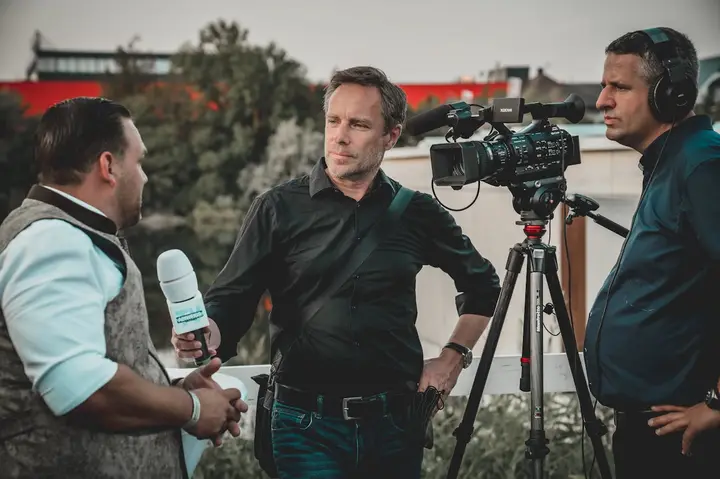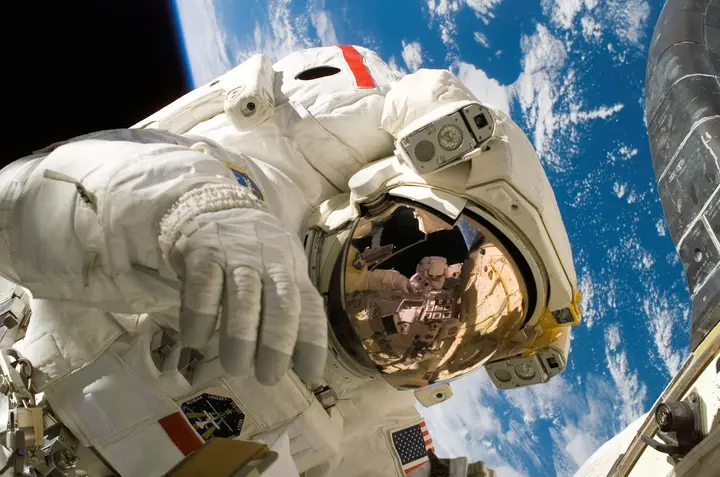The True Scope of the Milky Way: A Galaxy of Questions and Discoveries
Posted by: sunxin in Science 3 months, 2 weeks ago
Have you ever gazed upon the night sky, a canvas of countless stars, and pondered the vastness of our own galaxy? The Milky Way, a celestial masterpiece that swirls across the heavens, has been a subject of fascination and study for centuries. But just how big is it, really? The answer might surprise you.
The Enigma of Nano Tyrannus: Unraveling the juvenile Dinosaur Debate
Posted by: sunxin in Science 3 months, 2 weeks ago
Have you ever wondered if the mighty Tyrannosaurus Rex had a smaller, lesser-known cousin? Meet Nano tyrannus, a controversial dinosaur that has sparked a debate among paleontologists for decades. Was it a distinct species or merely a juvenile T-Rex? Let's dive into this fascinating mystery.
The Surprising Hero in Your Food: EDTA's Tale
Posted by: sunxin in Science 3 months, 2 weeks ago
Have you ever come across an ingredient label with a mouthful of a name like calcium disodium ethylenediamine triacetate and felt a shiver of doubt? You're not alone. But what if I told you this compound, known as EDTA for short, is actually a molecular superhero safeguarding your food? Let's dive into the fascinating story of EDTA.
The Unassuming Rock That Holds the Key to Life's Beginnings
Posted by: sunxin in Science 3 months, 2 weeks ago
Have you ever come across a rock so ordinary that you've dismissed it without a second glance? Meet epidote, a mineral that seems pretty but unremarkable at first sight. Little do most of us realize, this rock harbors a secret that could unravel the origin of life on Earth—and perhaps even life on other planets.
The Inevitability of the Universe: Are We Just Along for the Ride?
Posted by: sunxin in Science 3 months, 2 weeks ago
Are we mere spectators in the grand theater of the cosmos, or do we play a significant role in the unfolding drama of the universe? This question is at the heart of a fascinating discussion between John Green and Dr. Katie Mack on the "The Universe" podcast. Let's delve into the conversation that explores the birth of galaxies, the randomness of planetary formation, and the profound place of humanity in the vastness of space.
The Blue Abyss: Training for Space in a Giant Pool
Posted by: sunxin in Science 3 months, 2 weeks ago
Have you ever dreamt of becoming an astronaut, floating effortlessly among the stars? If so, prepare to dive into a pool of knowledge. Surprisingly, one of the keys to space exploration lies not in the cosmos, but beneath the surface of a vast, azure pool on Earth. Welcome to NASA's Neutral Buoyancy Lab (NBL) in Houston, Texas, where astronauts prepare for their missions by becoming neutrally buoyant swimmers.
The Paradox of Beach Nourishment: Saving Shorelines or Disrupting Ecosystems?
Posted by: sunxin in Science 3 months, 2 weeks ago
Have you ever wondered why our beaches seem to be expanding or why certain shorelines remain robust against the relentless waves? The answer might surprise you: we're adding sand to the beach. As the climate crisis escalates, our sandy havens are under threat, but humans have deployed a clever strategy to combat this—sand nourishment. However, is this solution more harmful than helpful?
The Mysterious Neighbors: Black Holes in Our Galactic Backyard
Posted by: sunxin in Science 3 months, 2 weeks ago
Have you ever wondered about the enigmatic entities lurking in the vast expanse of our galaxy? The mere mention of black holes often evokes a mix of awe and trepidation. Remember the hullabaloo surrounding the activation of the Large Hadron Collider? Some feared it might spawn a colossal black hole capable of swallowing the Earth whole. Thankfully, that was a fictional scenario. But what if I told you that black holes might be closer than we think, hiding in our galactic backyard?
The Legacy of Genghis Khan: Are You Really Related?
Posted by: sunxin in Science 3 months, 2 weeks ago
Genghis Khan, the legendary conqueror of Eurasia, has left an indelible mark on history. But could his genetic footprint be as pervasive as some studies suggest? Let's delve into the fascinating world of genetics to uncover the truth behind the claim that a significant portion of Central and East Asia's population today are direct descendants of the great Khan.
The Mysterious World of Nuclear Submarines: A Deep Dive into Torpedo Launching Systems
Posted by: sunxin in Science 3 months, 2 weeks ago
Welcome back, intrepid explorers, to another thrilling episode of Smarter Every Day. Today, we're delving into the heart of a nuclear submarine, where the fascinating world of torpedoes and their intricate launch mechanisms come to life. Get ready to embark on a journey that will take you from the history of these underwater giants to the cutting-edge technology that powers them.
Recent Posts
- Tragedy Unfolds: The Heartbreaking Attack at Mogadishu's Leo Beach
- Clash in Liverpool: The Battle Between Anti-Racism and Anti-Immigration
- Tragedy Unfolds: Kerala's Heartbreaking Battle with Landslides
- Tragedy in Tarim: A Glimpse into the Aftermath of Israeli Aerial Strikes
- The Tragic Attack on Hamama School: A Story of Innocence Lost in Shik Radwan
Categories
- Official Announcement (3)
- News (1653)
- 新闻 (28)
- Technology (300)
- 科技 (235)
- 科普 (418)
- Science (409)
- 公开课 (180)
- MOOC (183)
- Business (36)
- 揭秘 (143)
- Mysteries (124)



